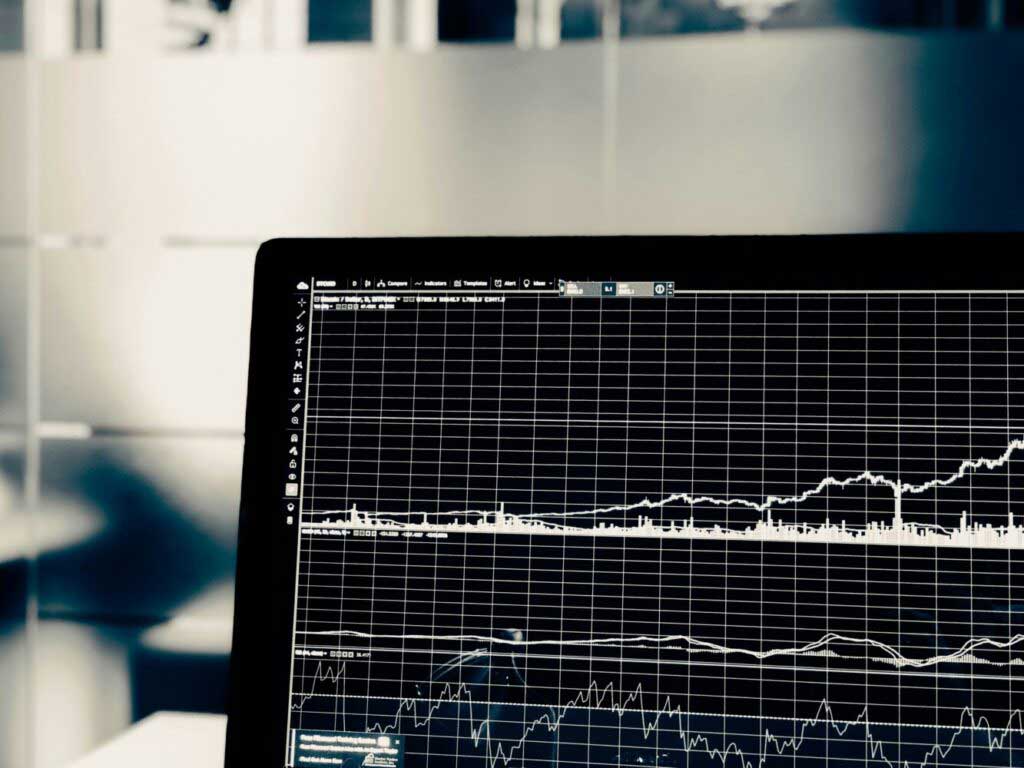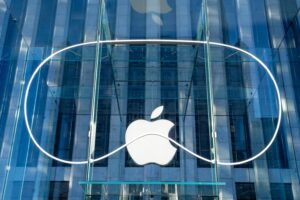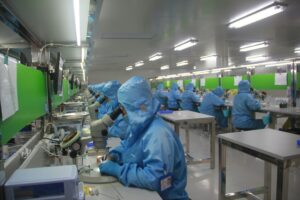
Among the best ways to build wealth is to own a business. Great fortunes have been built seemingly overnight and there are lots of young millionaire- and billionaire-owners of these businesses. However, for every success story there are countless failures that never get noticed.
Developing a new product or starting a business can cost a lot of money and more often than not, the investment will be lost. Venture capital funds bring in billions of dollars a year and charge significant fees to risk investors’ capital, seeking out the next business unicorn. There is a much lower risk way to participate in the growth opportunity of new business and product development. Let’s look at examples.
Sometimes, Bigger is Better
McDonald’s is a favorite and widely held stock that has provided impressive returns including consistently growing dividends for over four decades. The company has been a core holding for generations of investors. Investors own the shares of McDonald’s with the comfort of their long history of paying quarterly dividends that have increased annually, and they have confidence in the management of the company.
McDonald’s recently launched a new restaurant concept called CosMc’s which serves a variety of beverages and food items. It is unknown how many millions were invested in this new business, but with the financial support of McDonald’s, it has a high chance of success. Three out of five restaurants fail in the first year and four out of five don’t make it past five years. If CosMc’s doesn’t survive, investors in McDonald’s will hardly notice, but if the new concept works, it could become a thriving business and will eventually contribute to the profits of its parent company.
Many restaurants and similar small businesses are started every year and the ones that fail are usually total losses of the capital of their  owners and investors. Most individual investors don’t want to put money into something and face the risk of total loss.
owners and investors. Most individual investors don’t want to put money into something and face the risk of total loss.
Measuring Risk Size
Much excitement stirred in the media recently about the new Vision Pro headset by Apple. This headset is an attempt at what Apple calls spatial computing where the user is immersed into an environment where they interact with digital content overlaid in the real world when viewed through their headset which costs over $3,000. Apple has thousands of patents on their new device and spent billions in product development to bring it to market. The company has been paying dividends for more than a decade and like McDonalds, increases that dividend annually.
Investors in Apple feel confident that the dividend will be paid each quarter as it represents a small portion of their earnings, and have confidence in the company’s management to continue growing the business and making strategic investments. Vision Pro may become a big success, but if not, Apple can write off their investment and shut down the product. Considering the company made profits greater than $150 billion last year, the loss will not ruin Apple.
Could another company develop a standalone product like the Vision Pro to compete with a company like Apple with their vast resources, and would investors risk their capital on something that would take billions to develop with an unknown market? The closest competitor is Meta Platforms, Facebook’s parent company and developer of Oculus, another headset option.
Meta also earns billions of dollars annually and this year became a first-time dividend payer after more than twenty years as a public company. Like McDonald’s and Apple, Meta will likely continue paying dividends for many years as long as they remain profitable. There’s an understandable phenomenon that once dividend payments begin, it is difficult for companies to stop the payout.
Pandemic Profit & Loss
 During the Covid outbreak in 2020, countless pharmaceutical companies rushed to develop vaccinations. Billions were invested, but only a few companies were successful and got their vaccines approved. Pfizer, a widely held company and long-term dividend payer, was a clear winner. The company took a risk on developing their vaccine but has a diversified portfolio of money-making pharmaceuticals to offset the potential loss on the new development.
During the Covid outbreak in 2020, countless pharmaceutical companies rushed to develop vaccinations. Billions were invested, but only a few companies were successful and got their vaccines approved. Pfizer, a widely held company and long-term dividend payer, was a clear winner. The company took a risk on developing their vaccine but has a diversified portfolio of money-making pharmaceuticals to offset the potential loss on the new development.
On the other hand, Johnson & Johnson, another long-term dividend payer with a diversified portfolio of products, developed a Covid vaccine through one of its subsidiaries. Their vaccine was used with emergency authorization initially, but that approval was later withdrawn.
It is unknown exactly how much Johnson & Johnson spent on their failed product, but they announced their intention to spend over $1 billion on its development and manufacturing. Investors in Pfizer and Johnson & Johnson continued collecting their dividends all through the Covid crisis and will likely continue collecting from these companies for many years.
Exploration, Development and Growth
Exxon and Chevron, two leaders in energy production and distribution, are very profitable and have a long history of paying high dividends. Under pressure, they have been investing in alternative energy businesses and mostly lose money on these ventures. They can afford the losses as each company earns tens of billions annually. Meanwhile, the leading clean energy funds lost significantly in 2021, 2022, and 2023. Without capital from these energy giants, many clean energy solutions might never make it to market. Investors in Chevron and  Exxon enjoy the regular income despite the losses in seeking alternatives to fossil fuels.
Exxon enjoy the regular income despite the losses in seeking alternatives to fossil fuels.
Investing involves risk and everyone has a different tolerance. Our business, Cohen Investment Advisors, launched ten years ago, has grown its revenue and profit consistently every year and has been a success. We took a risk and succeeded. Many of our clients launched businesses or joined one as an executive and participated in the financial reward as the business grew and profited.
For those with capital to invest but who don’t want the risk of total loss, investing in dividend paying companies has been a time-tested, rewarding strategy. Dividend investing not only provides a steady stream of income that historically grows, but in certain circumstances can provide an indirect way to participate in the opportunity of venture capital investing.


